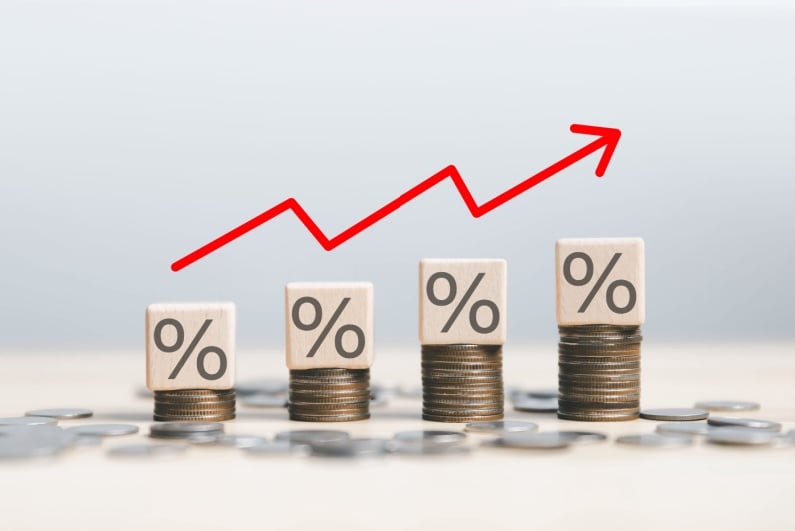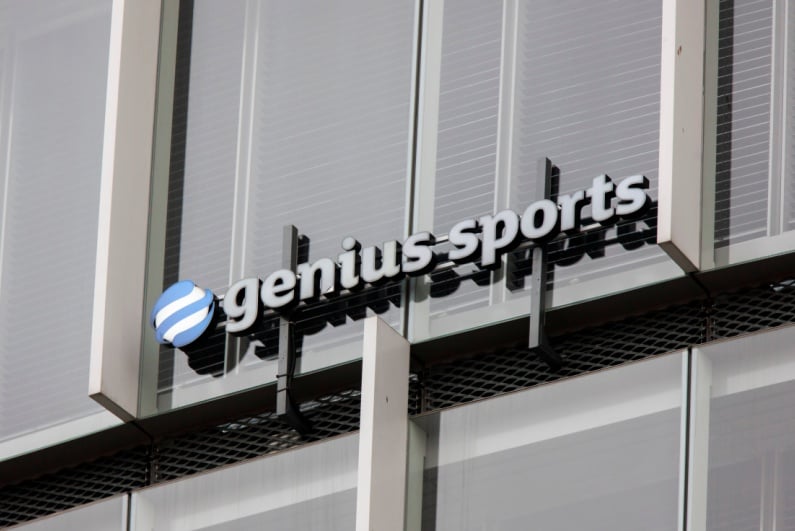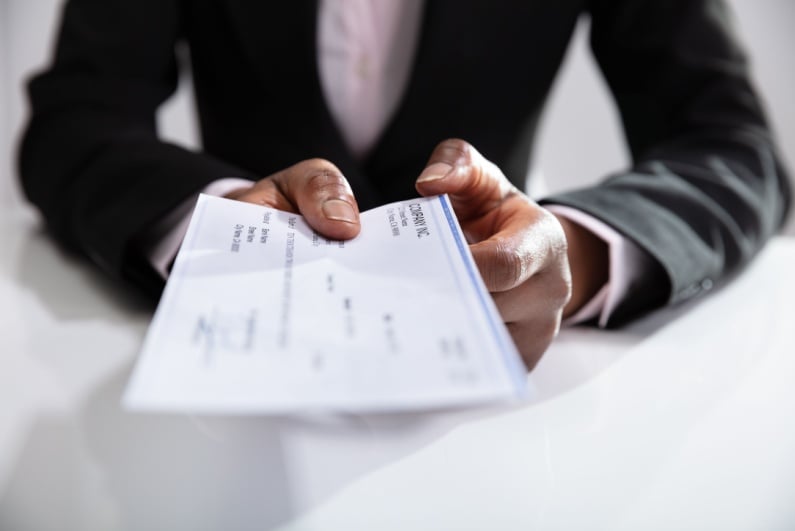More than 100 Labour Party MPs have sent an open letter to UK Chancellor Rachel Reeves dated September 23, calling for an increase in the online gambling tax. The letter requests that the change be part of the upcoming Autumn Budget and that the funds be ringfenced to help treat child poverty. Former Prime Minister Gordon Brown recently noted that levels of child poverty in Britain are at an all-time high.
The open letter refers to the current “relatively light” taxation of online gambling. While the MPs acknowledged the recent proposal from the HM Treasury to merge the various taxes for different gambling products into a single Remote Betting and Gaming Duty (RGBD), they believe it would be counterproductive for reduing gambling-related harm and would hurt other sectors like the horse racing industry.
proposes introducing a new levy on the likes of online casinos and betting sites
Instead, it proposes introducing a new levy on the likes of online casinos and betting sites on top of the mandatory charge that came fully into effect in April. The letter remarks that online operators pay little tax in the UK as they’re often based overseas and don’t directly employ many people in the region.
The letter also notes that online gambling operators have significant profit margins. As a result, the MPs want to more than double the current remote betting duty from 21% to 50% and the General Betting Duty from 15% to 30%. These recommendations were first made by the Institute of Public Policy Research (IPPR), which it believes could raise about £2.9bn ($3.9bn) in extra tax revenue in year one and up to about £3.4bn ($4.5bn) by 2030.




